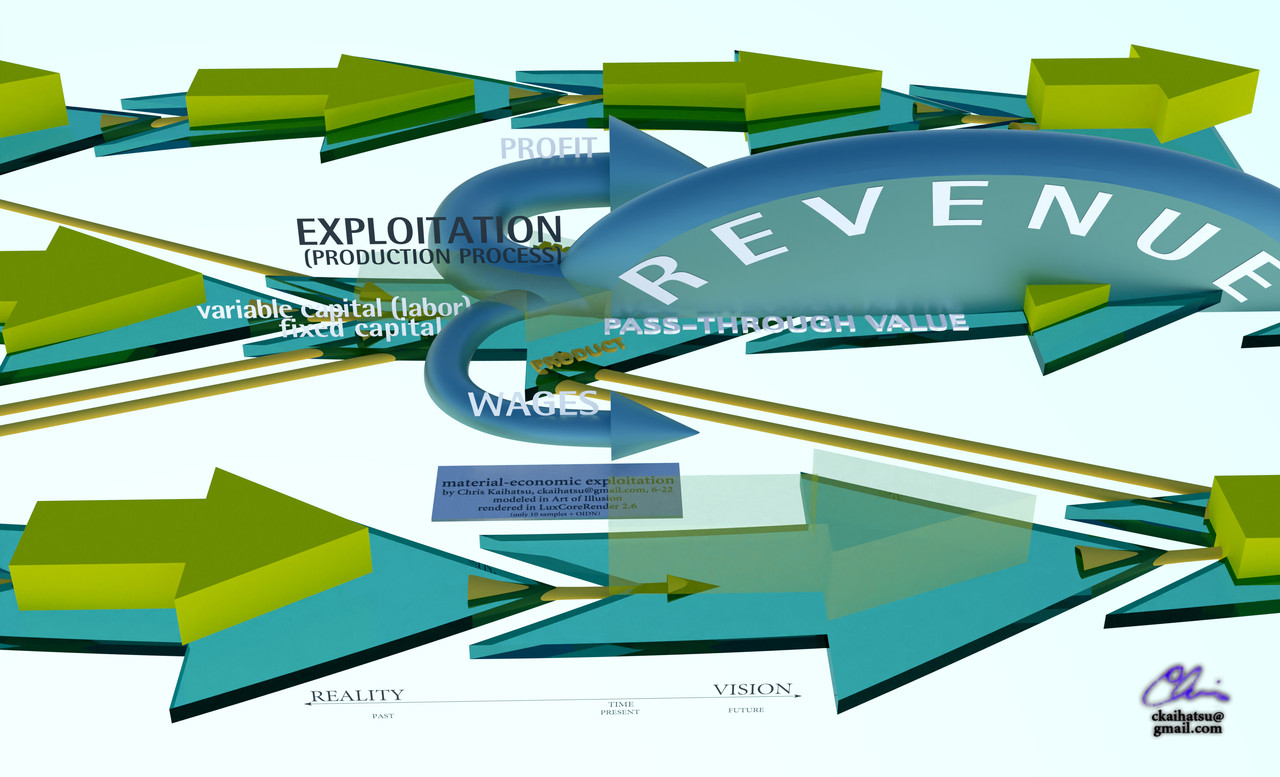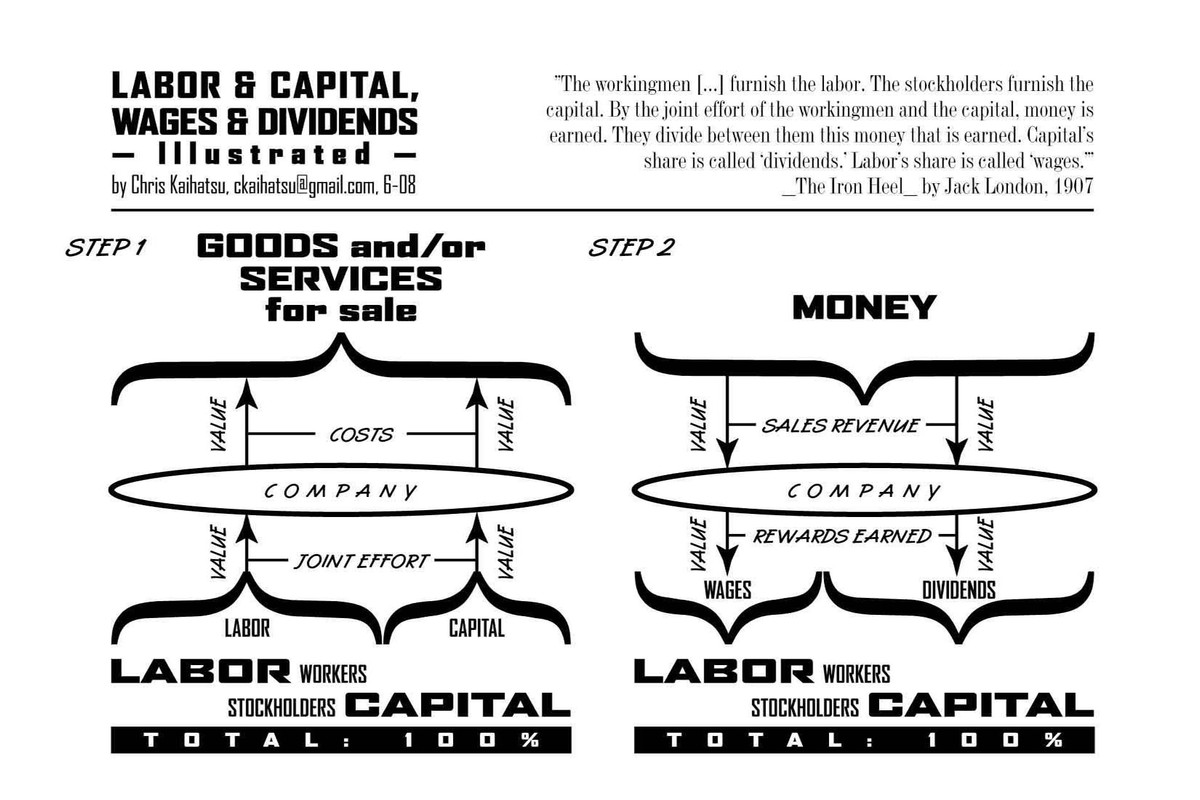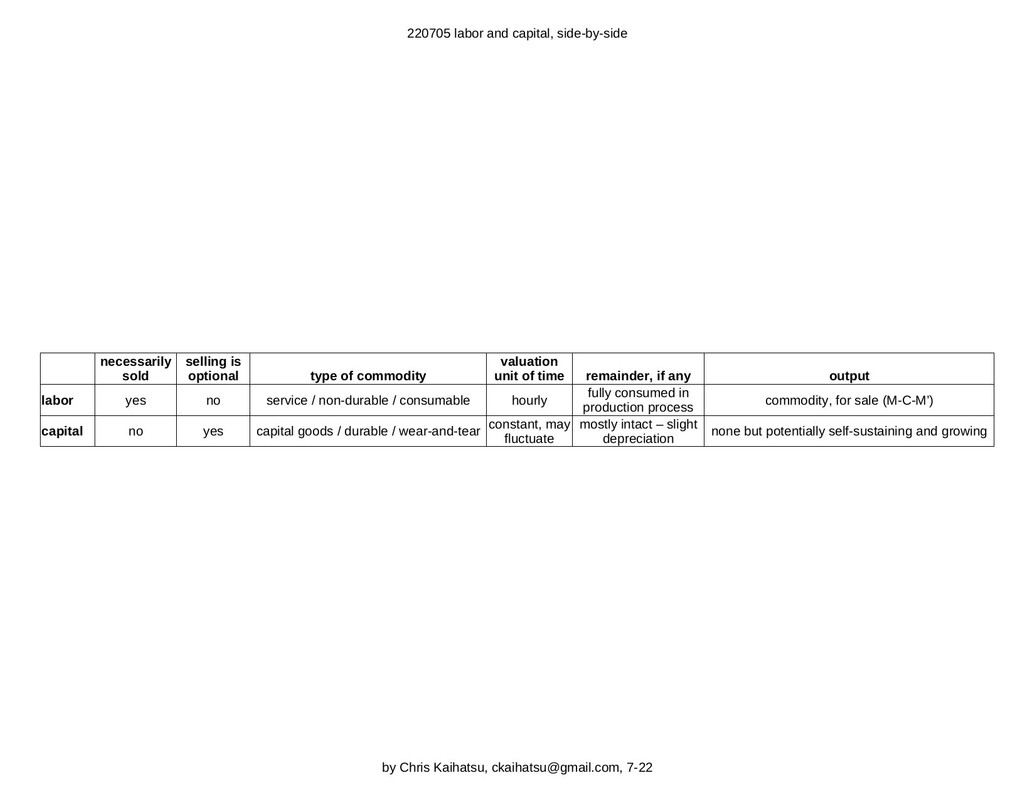- 13 Jul 2022 19:51
#15238383
Can libertarians be of the Left?
Many would laugh at such a question. After all, libertarianism tends to be a fervently pro-free market ideology. But all ideologies have their shades of grey. With libertarianism being no exception to the trend.
The left libertarian tradition is one that champions equality and social justice under the framework of a free-market economy. The leftist libertarian political economy stresses a separation of economy and state while championing mutual ownership of resources in a voluntary manner.
Left Libertarians’ Unique Views
A strong skepticism of the prevailing mixed economy defines what is a left libertarian.
Their beliefs on ownership are particularly nuanced. Natural resources such as land, oil, and trees can be subject to collective ownership. While left libertarians respect private property more than most of the prominent forces on the left, they do not fully eschew collective forms of property ownership.
Voluntary co-operatives, communes, and other worker-driven arrangements can be used to empower workers and allow them to enjoy material benefits without having to face capitalist exploitation.
Going back to natural resources, individuals in a leftist libertarian order can still use the aforementioned commonly-owned goods. But there’s a catch: The use of such resources can only occur after society grants these individuals permission. In order to gain permission, individuals must make a payment to society at large.
The Intellectual Basis for Left Libertarian Economic Thought
Such logic is inspired by the thought of 19th century economist Henry George, who pushed for a land tax. George’s views on property rights were somewhat unique by United States standards, which tended to be more rooted in classical liberalism or free-market conservatism. In contrast, George saw land as a commonly-held resource and could not be held exclusively by an individual.
This conception of land ownership stood in contrast to the views of John Locke, who believed that land could be privately owned and homesteaded by individuals. Lockean views of private property tend to be more prevalent among Republicans, right-wing libertarians, and other classical liberal adjacent movements.
The Overlap and Differences Between Leftist Libertarians and Anti-Property Movements
Left-wing libertarians have a lot in common with collectivist and Marxist views on private property, at least in a conceptual sense. Although the similarities have limits. Advocates of collectivism on the authoritarian left are more likely to use state power to achieve their ends at the expense of individual freedom.
At the end of the day, left libertarians come in all shapes. They don’t generally dismiss the insights of Marxism and incorporate some of the anti-property beliefs of the renowned left anarchist thinker Pierre-Joseph Proudhon.
Proudhon is widely viewed as the father of the political philosophy of anarchism and is famous for his quip “property is theft.”
Like libertarian socialists, the libertarians of the left go beyond concepts of self-ownership and stress the need for voluntary institutions that close inequality gaps. Left-wing libertarians sympathize with economic redistribution of resources, albeit in a voluntary manner to correct disparities in inequality.
American philosopher Gary Chartier is a prominent anarchist who blends certain facets of libertarian thought with an anarchist agenda to create a stateless society. Chartier’s brand of anarchism doesn’t take a statist approach to addressing the question of allocating resources, but his vision for a stateless society remains rather unique.
Continue reading Left Libertarian: A Tradition That Champions Equality and Social Justice on Libertas Bella
Many would laugh at such a question. After all, libertarianism tends to be a fervently pro-free market ideology. But all ideologies have their shades of grey. With libertarianism being no exception to the trend.
The left libertarian tradition is one that champions equality and social justice under the framework of a free-market economy. The leftist libertarian political economy stresses a separation of economy and state while championing mutual ownership of resources in a voluntary manner.
Left Libertarians’ Unique Views
A strong skepticism of the prevailing mixed economy defines what is a left libertarian.
Their beliefs on ownership are particularly nuanced. Natural resources such as land, oil, and trees can be subject to collective ownership. While left libertarians respect private property more than most of the prominent forces on the left, they do not fully eschew collective forms of property ownership.
Voluntary co-operatives, communes, and other worker-driven arrangements can be used to empower workers and allow them to enjoy material benefits without having to face capitalist exploitation.
Going back to natural resources, individuals in a leftist libertarian order can still use the aforementioned commonly-owned goods. But there’s a catch: The use of such resources can only occur after society grants these individuals permission. In order to gain permission, individuals must make a payment to society at large.
The Intellectual Basis for Left Libertarian Economic Thought
Such logic is inspired by the thought of 19th century economist Henry George, who pushed for a land tax. George’s views on property rights were somewhat unique by United States standards, which tended to be more rooted in classical liberalism or free-market conservatism. In contrast, George saw land as a commonly-held resource and could not be held exclusively by an individual.
This conception of land ownership stood in contrast to the views of John Locke, who believed that land could be privately owned and homesteaded by individuals. Lockean views of private property tend to be more prevalent among Republicans, right-wing libertarians, and other classical liberal adjacent movements.
The Overlap and Differences Between Leftist Libertarians and Anti-Property Movements
Left-wing libertarians have a lot in common with collectivist and Marxist views on private property, at least in a conceptual sense. Although the similarities have limits. Advocates of collectivism on the authoritarian left are more likely to use state power to achieve their ends at the expense of individual freedom.
At the end of the day, left libertarians come in all shapes. They don’t generally dismiss the insights of Marxism and incorporate some of the anti-property beliefs of the renowned left anarchist thinker Pierre-Joseph Proudhon.
Proudhon is widely viewed as the father of the political philosophy of anarchism and is famous for his quip “property is theft.”
Like libertarian socialists, the libertarians of the left go beyond concepts of self-ownership and stress the need for voluntary institutions that close inequality gaps. Left-wing libertarians sympathize with economic redistribution of resources, albeit in a voluntary manner to correct disparities in inequality.
American philosopher Gary Chartier is a prominent anarchist who blends certain facets of libertarian thought with an anarchist agenda to create a stateless society. Chartier’s brand of anarchism doesn’t take a statist approach to addressing the question of allocating resources, but his vision for a stateless society remains rather unique.
Continue reading Left Libertarian: A Tradition That Champions Equality and Social Justice on Libertas Bella
“A society that puts equality before freedom will get neither. A society that puts freedom before equality will get a high degree of both.”
– Milton Friedman
– Milton Friedman













 - By Rich
- By Rich